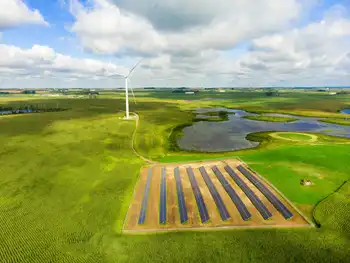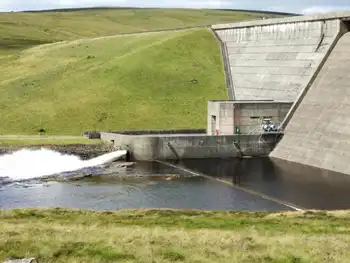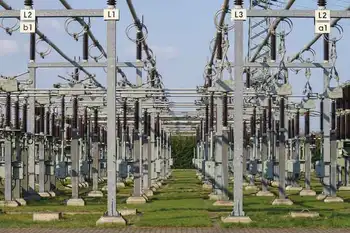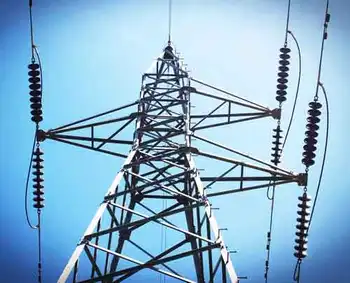Sierra Club suing DOE over coal plant
By CNBC
High Voltage Maintenance Training Online
Our customized live online or in‑person group training can be delivered to your staff at your location.

- Live Online
- 12 hours Instructor-led
- Group Training Available
Mississippi Power Co. is building the 582-megawatt plant near the Liberty community in Kemper County. It will use a process that converts coal into a synthesis gas that can generate electricity with fewer emissions than existing pulverized coal power plants.
The suit filed on behalf of the San Francisco-based environmental group alleges DOE ignored the National Environmental Policy Act NEPA to consider other clean-energy alternatives that have been a focus of the Obama administration.
"The Department of Energy didn't play by the rules or the law in issuing the funding and financing for the Kemper County plant. It think it's unconscionable the U.S. taxpayer is being asked to pony up $600 million guarantee up to $2 billion," said Louie Miller, director of the Mississippi Sierra Club. "Why are we subsidizing a Fortune 500 company?"
The complaint names as defendants the agency its director Steven Chu Carol M. Borgstrom, director of DOE's Office of NEPA Policy and Compliance and Richard A. Hargis, Jr., the NEPA document manager for DOE's National Energy Technology Laboratory.
Tiffany Edwards, a DOE spokeswoman, said the agency officials "will review the complaint and we are confident we acted lawfully."
According to Mississippi Power's website, the coal plant project will receive a $270 million grant from the DOE to offset the cost of constructing the facility. The company said it also will receive $133 million in investment tax credits approved by the IRS provided under the National Energy Policy Act of 2005, and loan guarantees from the federal government. Mississippi Power has also applied for an additional $279 million in IRS tax credits, according to the site.
A spokeswoman for Mississippi Power didn't immediately respond to requests for comment.
"They're getting a lot of help from a lot of different places," said Abigail Dillen, an attorney Earthjustice, a nonprofit law firm that filed the suit on behalf of the Sierra Club.
In the complaint, the Sierra Club said President Obama has set a target date of 2035 for the country to get 80 percent of its electricity from clean energy technology. However, in administering federal grant and loan guarantee programs, the agency isn't challenging the industry to propose cutting-edge projects that rely on clean energy resources, the complaint said.
The Sierra Club has alleged the plant will emit 5.7 million tons and year.
Verdell Hawkins, Mississippi Power spokesman, said the facility will use technology that will capture 65 percent of the carbon emissions, which is the equivalent of a similarly sized natural gas plant.
The lawsuit said the DOE's selection process wasn't subject to public comment. The DOE opened its second of three rounds of solicitations for the Clean Coal Power Initiative in 2004. After receiving 13 applications, DOE prepared a summary environmental "critique" of eleven of the proposals based on information provided by the applicants, the suit said.
All the information in the environmental critique, including the identity of the applicants and the nature of the projects submitted, remains confidential, the suit said.
In late 2004, four projects were selected to receive CCPI funding. Among those, was the Kemper County plant, which was awarded $293 million, including a $23 million grant it had earlier received. The others included another coal-fired plant and two projects focused on pollution control technology for coal-fired power plants, according to the suit.
Dillen said the DOE received a "fairly unambitious array of projects" and decided to select among them rather than push companies to pursue more innovative plans that were in line with the clean energy initiative.











